Child-Safe Food Guide: Preventing Choking at Every Age
/Safeguarding Our Little Ones
Every parent, caretaker, or babysitter knows the joy and responsibility that comes with nurturing a child. Amidst the laughter, playfulness, and boundless curiosity, ensuring their safety stands as a paramount concern. One of the most prevalent dangers children face, especially during mealtime, is the risk of choking.
Small child eat APPROPRIATE food prepared by a caretaker
However, with vigilance and informed choices, we can significantly reduce this risk. This comprehensive guide focuses on age-appropriate foods, offering a roadmap to safe and enjoyable eating experiences for children of all ages.
For Babies (6-12 months)
The transition to solid foods is a crucial stage in a baby's development. Opt for foods that are not only nutritious but also safe for their delicate systems
Cooked and mashed vegetables
Steamed or boiled vegetables like sweet potatoes, carrots, peas, and squash are rich in essential vitamins and can be easily mashed or pureed for a baby's consumption.
Tip:
Avoid raw vegetables or those that are too hard, as they can pose a choking hazard. Ensure they are cooked until soft enough to mash easily.
Soft fruits
Fruits like bananas, ripe pears, and cooked apples (without skins) are excellent choices. They offer natural sweetness and important nutrients.
Tip:
Remove any seeds or pits, and cut fruits into small, bite-sized pieces to prevent choking.
Soft cereals
Introducing cereals like oatmeal or rice cereal mixed with breast milk or formula can be a gentle way to introduce grains into their diet.
Tip:
Start with a thinner consistency and gradually thicken it as the baby gets used to solid foods.
For Toddlers (1-3 years)
Toddlers are curious and eager to explore different textures and flavors. While expanding their palate, it's crucial to prioritize safety
Cooked pasta
Opt for small pasta shapes like macaroni or penne, and ensure they are cooked until very soft to ease chewing and swallowing.
Tip:
Avoid serving pasta with large amounts of sauce or cheese that can cause choking. Opt for lighter coatings or serve it plain.
Soft cheeses
Cottage cheese, cheese slices or cubes provide a good source of calcium and protein. Choose softer varieties like cheddar or mozzarella.
Tip:
Cut cheese into small, manageable pieces to reduce the risk of choking and ensure easier consumption.
Cooked and diced meats
Lean meats like chicken or turkey, cooked until tender and cut into bite-sized portions, are great sources of protein.
Tip:
Avoid serving meats in large chunks or pieces that may be difficult for toddlers to chew.
For Preschoolers (3-5 years)
As children grow, they become more proficient at eating and handling various types of food. Encourage healthy eating habits while prioritizing safety
Sliced fruits
Offer a variety of fruits cut into manageable slices or cubes, such as watermelon, strawberries, and melon. They're nutritious and easy to handle.
Tip:
Remove any seeds and cut fruits into bite-sized pieces to prevent choking hazards.
Soft cooked vegetables
Broccoli, cauliflower, and carrots are nutritious options that can be steamed or boiled until soft.
Tip:
Cut vegetables into smaller pieces or slices to make them easier to chew and swallow.
Mini sandwiches
Use soft bread and fillings like peanut butter, cream cheese, or thinly sliced deli meats to create small, manageable sandwiches.
Tip:
Cut sandwiches into smaller, bite-sized pieces for easier handling and consumption.
Delta Emergency's Babysitter First Aid
At Delta Emergency, we understand the paramount importance of safeguarding children from choking incidents, especially during mealtime. Our tailored two-day online Babysitter First Aid Classes are designed to equip babysitters, caretakers, and parents with the essential skills and confidence needed to handle emergencies effectively.
Focused Training for Choking Incidents
Preventive Measures: Learn food preparation techniques to minimize choking risks.
Emergency Response: Acquire step-by-step guidance on swift and effective responses to choking incidents.
Our classes extend beyond choking incidents, covering a spectrum of critical emergency scenarios, ensuring that caregivers are well-prepared for unexpected situations.
Join us in this proactive step towards child safety. Explore age-specific food choices, essential safety tips, and enroll in our Babysitter First Aid Classes to ensure you're equipped to create a safer environment for our beloved children.
To enroll or learn more about our Babysitter First Aid Classes, visit https://deltaemergency.com/advanced-first-aid and take the crucial step towards being prepared for emergencies.



